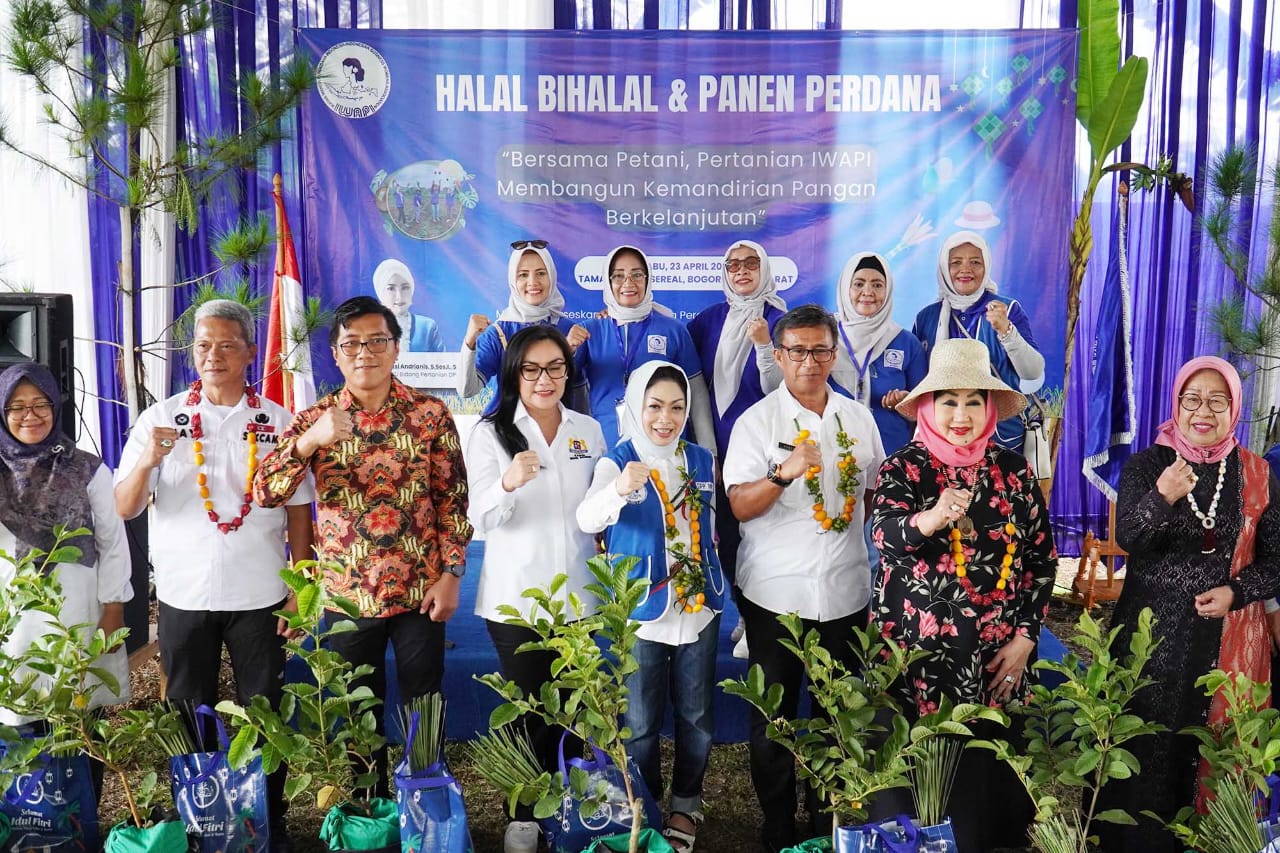In the face of rapid urbanization and diminishing agricultural land, the city of Bogor, Indonesia, has embarked on a transformative journey to integrate agriculture into its urban fabric. The "Bogor urban agriculture" initiative aims to enhance food security, promote sustainable practices, and empower communities by utilizing available spaces for farming activities.
The Emergence of Urban Agriculture in Bogor
Bogor's urban agriculture movement is a response to the challenges posed by limited arable land and the need for sustainable food sources. With only about 10% of its area designated for agriculture, the city recognizes the importance of optimizing these spaces to support local food production. The initiative encourages residents to transform unused plots, rooftops, and even walls into productive agricultural sites.
The city government, through the Department of Food Security and Agriculture, has been instrumental in promoting urban farming. Programs like "Bogor Berkebun" (Bogor Gardening) provide training and resources to citizens interested in cultivating their own food. These efforts not only address food security but also foster a sense of community and environmental stewardship.
Community Involvement and Empowerment
A cornerstone of Bogor's urban agriculture success is the active participation of its citizens. Community groups, including women's farming collectives and youth organizations, play a vital role in implementing and sustaining urban farming projects. These groups receive support in the form of seeds, tools, and technical guidance, enabling them to manage their own gardens effectively.
The collaboration between the city government and organizations like the Indonesian Women Entrepreneurs Association (IWAPI) has further strengthened community engagement. IWAPI's involvement has led to the establishment of demonstration plots and educational programs, showcasing the potential of urban agriculture to improve livelihoods and promote gender equality.
Technological Innovations and Sustainable Practices
To maximize productivity in limited spaces, Bogor's urban agriculture initiative incorporates various innovative techniques. Hydroponics, aquaponics, and vertical gardening are among the methods employed to increase yield and efficiency. These technologies not only conserve space but also reduce water usage and minimize environmental impact.
The city also emphasizes the importance of organic farming practices, encouraging the use of natural fertilizers and pest control methods. By adopting sustainable approaches, Bogor aims to create a resilient food system that can withstand the pressures of urban development and climate change.
Economic and Social Benefits
Urban agriculture in Bogor has yielded significant economic and social advantages. Residents engaged in urban farming have access to fresh produce, reducing their dependence on external food sources and lowering household expenses. Surplus crops can be sold in local markets, providing an additional income stream for families.
Moreover, urban farming initiatives have fostered stronger community bonds. Shared gardening spaces serve as hubs for social interaction, knowledge exchange, and collaborative problem-solving. These communal efforts contribute to a more cohesive and resilient urban society.
Challenges and Future Prospects
Despite its successes, Bogor's urban agriculture initiative faces challenges, including limited funding, land tenure issues, and the need for ongoing technical support. To address these obstacles, the city is exploring partnerships with private sector entities and non-governmental organizations to secure resources and expertise.
Looking ahead, Bogor plans to expand its urban agriculture programs, integrating them into broader urban planning and development strategies. By embedding agriculture into the city's infrastructure, Bogor aims to create a sustainable urban ecosystem that prioritizes food security, environmental health, and community well-being.
Conclusion
Bogor's commitment to urban agriculture exemplifies how cities can adapt to the challenges of urbanization by embracing sustainable practices and community-driven initiatives. Through innovative techniques, active citizen participation, and supportive policies, Bogor is cultivating a greener, more self-reliant urban landscape. As the city continues to nurture its urban agriculture programs, it sets a precedent for other urban centers seeking to harmonize development with sustainability.
Read More






 Friday, 27-02-26
Friday, 27-02-26







